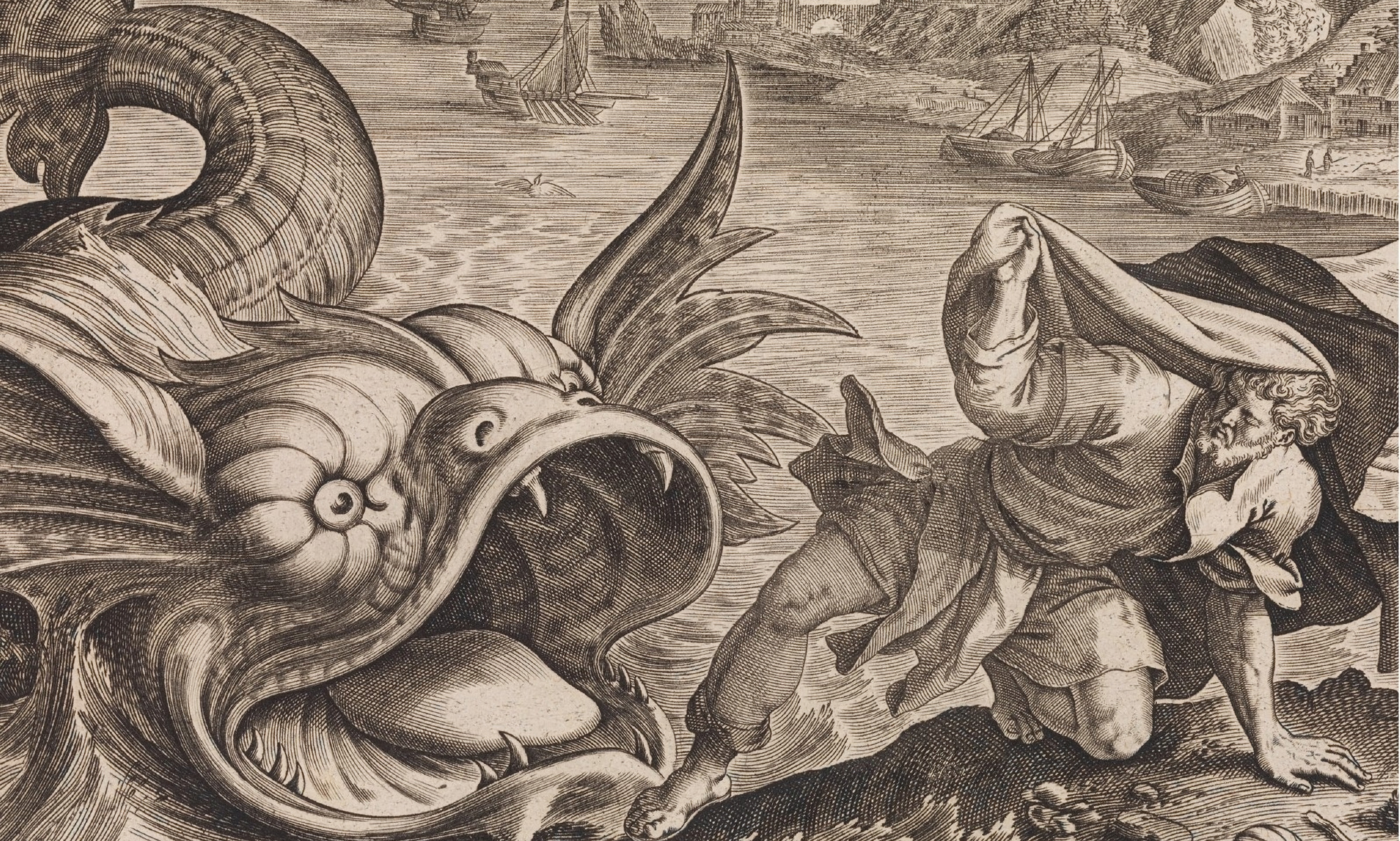Salman Rushdie
Salman Rushdie (*1947) is an Indian-born British-American novelist. His work, which fuses elements of magic realism and historical fiction, among other things explores issues of identity and migration.
Fiction (in Chronological Order)

Grimus (1975; London: Vintage, 1996).
Midnight’s Children (1981; London: Vintage: 2021).
Shame (1983; Picador, 1984).
*The Satanic Verses (1988; The Consortium, 1992).
Haroun and the Sea of Stories (1990; Granta, 1991).
East, West (1994; London: Vintage, 1995).
The Moor’s Last Sigh (1995; London: Vintage, 1996).
*The Ground Beneath Her Feet (1999; London: Vintage, 2000).
*Fury (2001; Random House, 2006).
*Shalimar the Clown (2005).
*The Enchantress of Florence (Vintage, 2008).
Luka and the Fire of Life (2010; Random House, 2011).
*Two Years Eight Months and Twenty-Eight Nights (2015; London: Vintage, 2016).
*The Golden House (2017).
*Quichotte (Jonathan Cape, 2019).
*Victory City (2023; Dublin: Vintage, 2024).
Non-fiction (in Chronological Order)
The Jaguar Smile: A Nicaraguan Journey (1987; London: Vintage, 2007).
*Imaginary Homelands: Essays and Criticism 1981-1991 (1992).
*Step Across This Line: Collected Non-Fiction 1992-2002 (2002).
*Joseph Anton: A Memoir (2012; London: Vintage, 2013).
Languages of Truth: Essays 2003-2020 (London: Vintage: 2023).
- ‘Wonder Tales’
- ‘Proteus’
- ‘Heraclitus’
- ‘Another Writer’s Beginnings’
- ‘Philip Roth’
- ‘Kurt Vonnegut and Slaughterhouse-Five‘
- ‘Samuel Beckett’s Novels’
- ‘Cervantes and Shakespeare’
- ‘Gabo and I’
- ‘Harold Pinter (1930‒2008)’
- ‘Introduction to The Paris Review Interviews, Vol. IV‘
- ‘Autobiography and the Novel’
- ‘Adaptation’
- ‘Notes on Sloth: From Saligia to Oblomov’
- ‘Hans Christian Andersen’
- ‘King of the World by David Remnick’
- ‘Very Well Then I Contradict Myself’
- ‘Truth’
- ‘Courage’
- Texts for Pen
- ‘The Pen and the Sword’
- ‘The Birth of Pen World Voices’
- ‘The Arthur Miller Lecture, 2012’
- ‘Pen World Voices Opening Night 2014’
- ‘Pen World Voices Opening Night 2017’
- ‘Christopher Hitchens (1949‒2011)’
- ‘The Liberty Instinct’
- ‘Osama Bin Laden’
- ‘Ai Weiwei and Others’
- ‘The Half-Woman God’
- ‘Nova Southeastern University Commencement Address, 2006’
- ‘Emory University Commencement Address, 2015’
- ‘The Composite Artist: The Emperor Akbar and the Making of the Hamzanama‘
- ‘Amrita Sher-Gil: Letters’
- ‘Bhupen Khakhar (1934‒2003)’
- ‘Being Francesco Clemente: Self-Portraits, Gagosian Gallery, London, 2005′
- ‘Taryn Simon: An American Index of the Hidden and Unfamiliar, Whitney Museum, New York, 2007′
- ‘Kara Walker at the Hammer Museum, Los Angeles, 2009’
- Sebastião Salgado’
- ‘The Unbeliever’s Christmas’
- ‘Carrie Fisher’
- ‘Pandemic: A Personal Engagement with the Coronavirus’
- ‘The Proust Questionnaire: Vanity Fair‘
Knife: Meditations After an Attempted Murder (Dublin: Jonathan Cape, 2024).
BOOKS ABOUT Salman Rushdie (IN ALPHABETICAL ORDER)
*Cundy, Catherine, Salman Rushdie (Manchester University Press, 1996).
*Dey, Pradip Kumar, Salman Rushdie’s Midnight’s Children (New Delhi: Atlantic, 2008).
*Gurnah, Abdulrazak (ed.), The Cambridge Companion to Salman Rushdie (2nd edn, Cambridge: Cambridge University Press, 2012).
- Abdulrazak Gurnah, Introduction
- Vijay Mishra, ‘Rushdie and the Bollywood Cinema’
- Peter Morey, ‘Salman Rushdie and the English Tradition’
- Ruvani Ranasinha, ‘The Fatwa and Its Aftermath’
- Amina Yaqin, ‘Family and Gender in Rushdie’s Writing’
- Ib Johansen, ‘Tricksters and the Common Herd in Salman Rushdie’s Grimus‘
- Abdulrazak Gurnah, ‘Themes and Structures in Midnight’s Children‘
- Brendon Nicholls, ‘Reading “Pakistan” in Salman Rushdie’s Shame‘
- Joel Kuortti, ‘The Satanic Verses: “To be born again, first you have to die”‘
- Deepika Bahri, ‘The Shorter Fiction’
- Minoli Salgado, ‘The Politics of the Palimpsest in The Moor’s Last Sigh‘
- Anshuman A. Mondal, ‘The Ground Beneath Her Feet and Fury: The Reinvention of Location’
